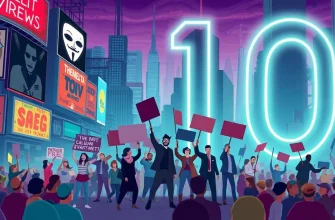Political films have long been a staple of cinema, offering insightful commentary on power, governance, and human nature. This curated list of the top 10 political films of all time not only entertains but also educates viewers on the complexities of political systems and the individuals who navigate them. From historical dramas to modern satires, these films provide a rich tapestry of narratives that reflect real-world events and ideologies, making them invaluable for anyone interested in politics, history, or simply compelling storytelling.
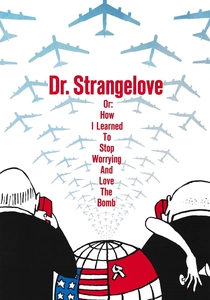
Dr. Strangelove or: How I Learned to Stop Worrying and Love the Bomb (1964)
Description: A satirical masterpiece that critiques Cold War politics and the absurdity of nuclear brinkmanship, this film remains relevant for its dark humor and political commentary.
Fact: Stanley Kubrick wrote the screenplay in just two weeks, and the film was originally intended to be a serious drama before he decided to turn it into a comedy.
 Watch Now
Watch Now
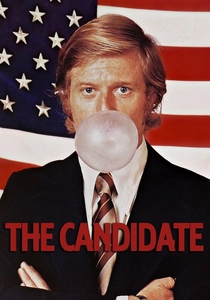
The Candidate (1972)
Description: This film follows an idealistic lawyer's campaign for a Senate seat, highlighting the compromises and manipulations inherent in modern political campaigns.
Fact: Robert Redford, who stars as the candidate, also produced the film, which was inspired by the real-life political campaigns of the time.
 Watch Now
Watch Now
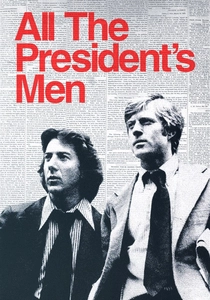
All the President's Men (1976)
Description: A gripping portrayal of the Watergate scandal, this film showcases investigative journalism at its finest, highlighting the political machinations that led to the downfall of President Nixon.
Fact: The film was shot in the actual Washington Post newsroom, and many of the actors portrayed real-life journalists who were involved in the investigation.
 Watch Now
Watch Now
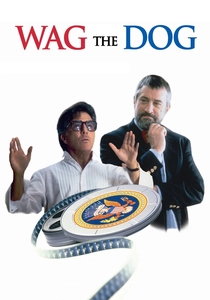
Wag the Dog (1997)
Description: A dark comedy about political spin, this film shows how a war can be fabricated to distract from a presidential scandal, offering a cynical view on media manipulation and political deceit.
Fact: The film's release was eerily timed with the Monica Lewinsky scandal, which involved similar tactics of distraction.
 Watch Now
Watch Now
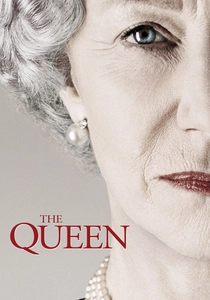
The Queen (2006)
Description: This film offers a behind-the-scenes look at the British Royal Family's response to the death of Princess Diana, exploring the political and public relations challenges faced by Queen Elizabeth II.
Fact: Helen Mirren won an Academy Award for her portrayal of Queen Elizabeth II, and the film was praised for its accurate depiction of the royal family's dynamics.
 Watch Now
Watch Now
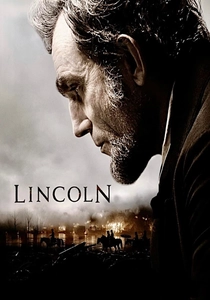
Lincoln (2012)
Description: Focused on the final months of Abraham Lincoln's life, this film examines his efforts to pass the Thirteenth Amendment, showcasing the political maneuvering required to end slavery.
Fact: Daniel Day-Lewis spent a year preparing for his role, including learning to write with his right hand as Lincoln did.
 Watch Now
Watch Now
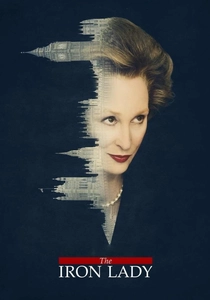
The Iron Lady (2011)
Description: Meryl Streep's portrayal of Margaret Thatcher provides an intimate look at one of Britain's most controversial and influential political figures, exploring her rise to power and the personal sacrifices she made.
Fact: Meryl Streep won an Academy Award for Best Actress for her role, and the film was criticized by some for its portrayal of Thatcher's dementia.
 Watch Now
Watch Now
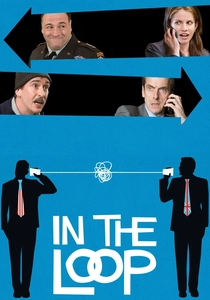
In the Loop (2009)
Description: A British political satire that mocks the run-up to the Iraq War, focusing on the absurdity and incompetence within government circles.
Fact: The film is a spin-off of the British TV series "The Thick of It," and its dialogue was largely improvised, giving it a very natural, spontaneous feel.
 Watch Now
Watch Now
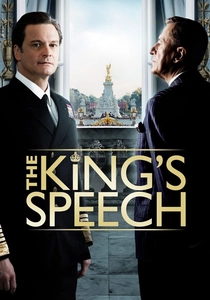
The King's Speech (2010)
Description: This film delves into the personal and political challenges faced by King George VI as he ascends the throne during a time of political upheaval. Its focus on the monarch's struggle with a speech impediment adds a unique layer to the political narrative.
Fact: The film was originally intended to be a play before being adapted into a movie. It won four Academy Awards, including Best Picture.
 Watch Now
Watch Now
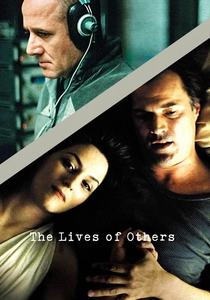
The Lives of Others (2006)
Description: Set in East Germany, this film explores the surveillance state under the Stasi, providing a chilling insight into the personal and political consequences of totalitarian regimes.
Fact: The film won the Academy Award for Best Foreign Language Film, and its director, Florian Henckel von Donnersmarck, was only 33 when he wrote and directed it.
 30 Days Free
30 Days Free




